It's the season when families converge for the holidays. In honor of Thanksgiving this week, here are some thoughts on helping young children navigate the well-meaning hugs and kisses of relations.
The basic premise: it's OK NOT to kiss Grandma.
Or Grandpa, or Aunt Rosie, or any of the extended cousins, uncles, great-aunts, neighbors and guests.
Unless relatives are regularly part of a young child's life, remember these people are strangers. Has it been six months since you've seen Uncle Claude and Aunt Sophie? A year? Two years? That could very well be half the child's life. Chances are, your child feels more comfortable with the babysitter down the street. Even if your child had a terrific time the last time they were together, this family member is essentially a stranger now to your young child. It's important to respect that, acknowledge fears, and don't force affection.
It's ironic, isn't it? Most families spend a good portion of the year telling their kids not to talk to strangers. Then at the holidays we expect children to hug these "strangers" and let themselves be petted and kissed.
Young kids are often scared of people who are new or different. They might be worried about people with beards, people with wrinkly skin, people who walk with a cane or use a motorized wheelchair. They might not know what to say, or be put off when their slightly-deaf grandparents can't hear them properly.
Some tips to help everyone feel comfortable:
Go slowly Don't insist on instant hugs and kisses when greeting family. Model your own trust and affection, but allow your child to observe, warm up, and take his time getting to know them.
Respect the right not to be touched Children should have privacy over their own bodies. They have the right to give and accept hugs or not. If a child doesn't want to touch someone, or be touched, that's just fine. In fact, it's healthy. Your child is setting boundaries on her body.
Set expectations Talk about it ahead of time. Acknowledge that you haven't seen Grandma or Grandpa in a long time. Explain what you expect: "There'll be a lot of people coming to our house tomorrow. It's nice to say 'hello' when you meet people." Also explain what your child can expect. "Nana's excited to see you. She likes to kiss people when she sees them." Don't forget to warn the grandparents! "Nathan doesn't like hugs right away. He's excited to see you again, but remember, it's been a long time. The best way to make friends is to read him a story."
Focus on modeling, not performing When guests arrive, don't force young kids to perform polite greetings. They may clam up or hide behind your legs. Let your ideas of manners for greetings and goodbyes go. Older kids can be expected to say hello, goodbye and thank you-for-coming, but many young kids pick it up best through observation. Time is your friend here. Respecting feelings is more important and will allow a stronger relationship to develop over time.
Offer tips If Grandma uses a walker or Grandpa's hard of hearing, talk about it. Answer basic questions and give your child tips for success. "Grandpa can't hear well. Stand right next to his chair and say it again in a big voice."
Revive memories Tell stories to reconnect your child to the family members they're about to meet. Even if they're too young to remember the last visit clearly, you can still say "Grandpa rocked you in the rocking chair when you were a baby. See here's a picture." Knowing their connection helps establish trust and a new bond.
Of course, the opposite may become a problem, too. You may have to rescue Aunt Sophie or Grandpa from an onslaught of excited squirmy hugs from your child. Grown-ups have a right to say no and protect their bodies, too.
Has this ever been a problem in your family? Do you remember what it was like to meet extended relatives at family gatherings? What do you think accepting forced affection teaches kids?

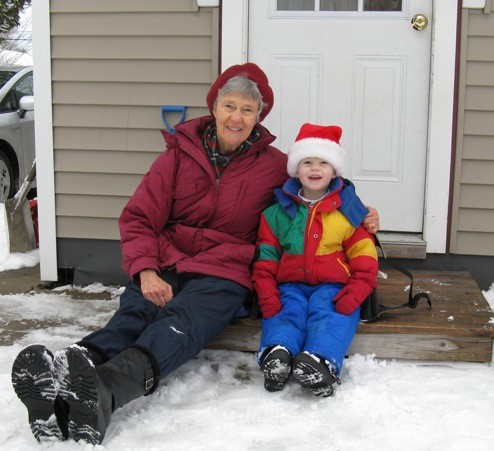
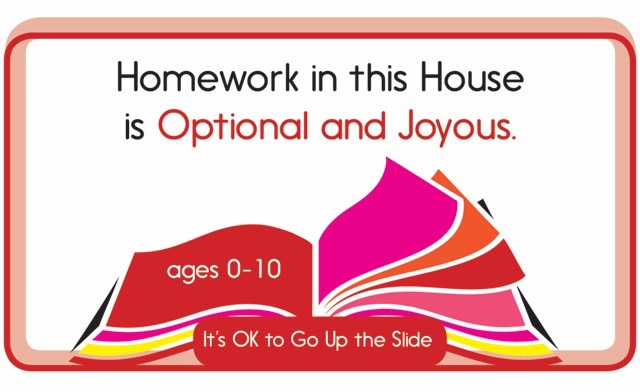
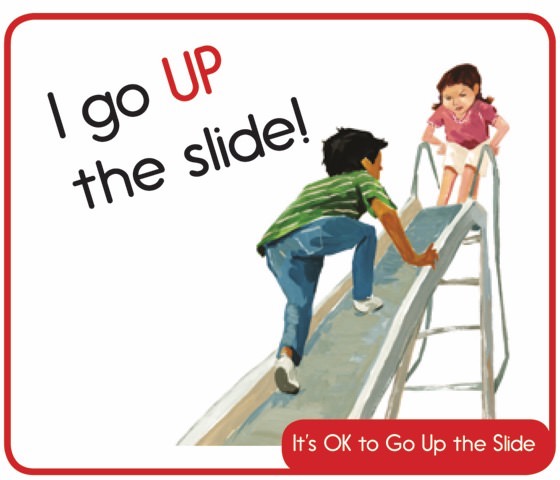
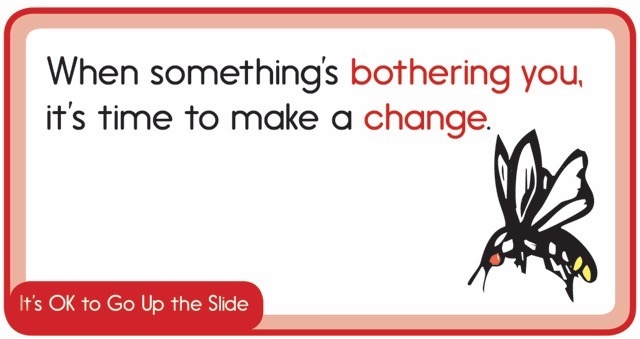
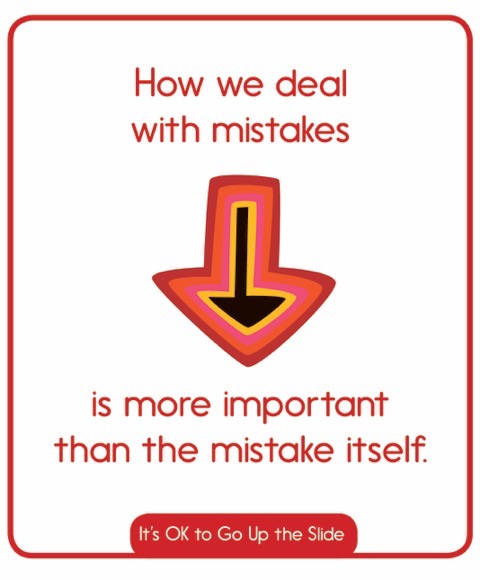
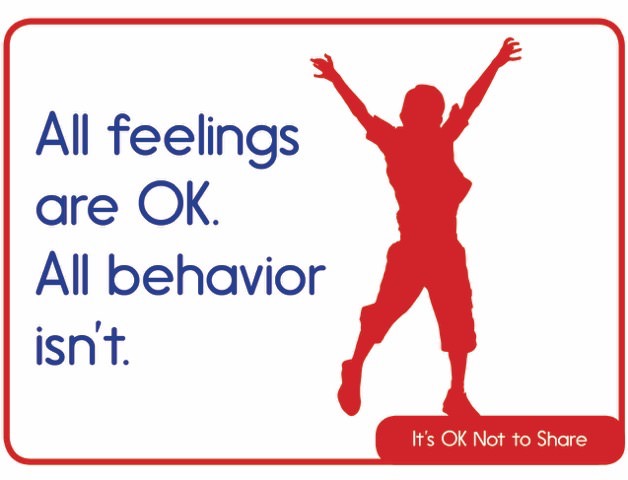
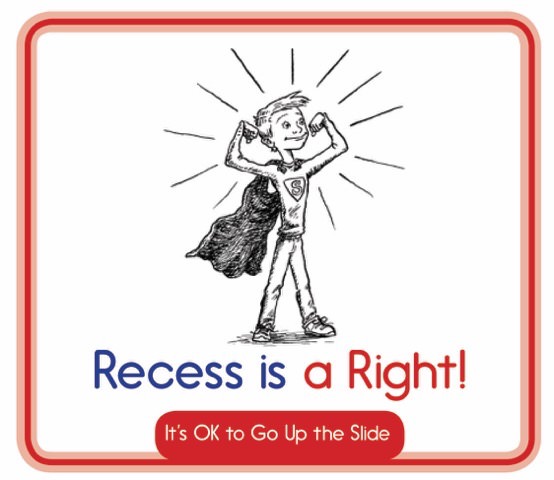
I am on-board about not forcing physical contact with people that they are unfamiliar with, despite the feelings of the relatives, but I do think that children need to at least acknowledge people that they meet. I think our society is full of spoiled children with no manners who are allowed to do what they want. It is a very basic skill to encourage a child to say "hi" and to not let them hide behind your legs. My daughter is only 13 months old, but she says "hi" to just about everyone she sees, whether because it is just a stage or because I have been encouraging that since she was only a couple of months old. I first read about this in the book "Bringing Up Bebe" and it really struck a chord with me. They expect young children to at least be able to say "bonjour" and then they can go play, and I think that is starting them off on the right foot.
Thanks so much for sharing your story, Katie. Most kids will say hello and delight in doing it. Manners are fundamentally about respect - on both sides. The ultimate goal is good manners, but forcing manners can backfire with some young kids and actually delay the behavior we want to see. Thanks for bringing up the Bebe example.
"Unless relatives are regularly part of a young child’s life, remember these people are strangers."
This is VITAL to remember!
Not to be Dorothy Downer, but as an adult survivor of molestation we have to remember that people who molest children are SOMEBODY'S relatives; they have family members just like the rest of us. Blending in beautifully, they don't look any different.
Important words, Laurie.
Ahhh, another breath of fresh air common sense for Heather. It's nice to know you are helping to cultivate a generation of sane parents.
Oops. I meant "from Heather."
Thanks!